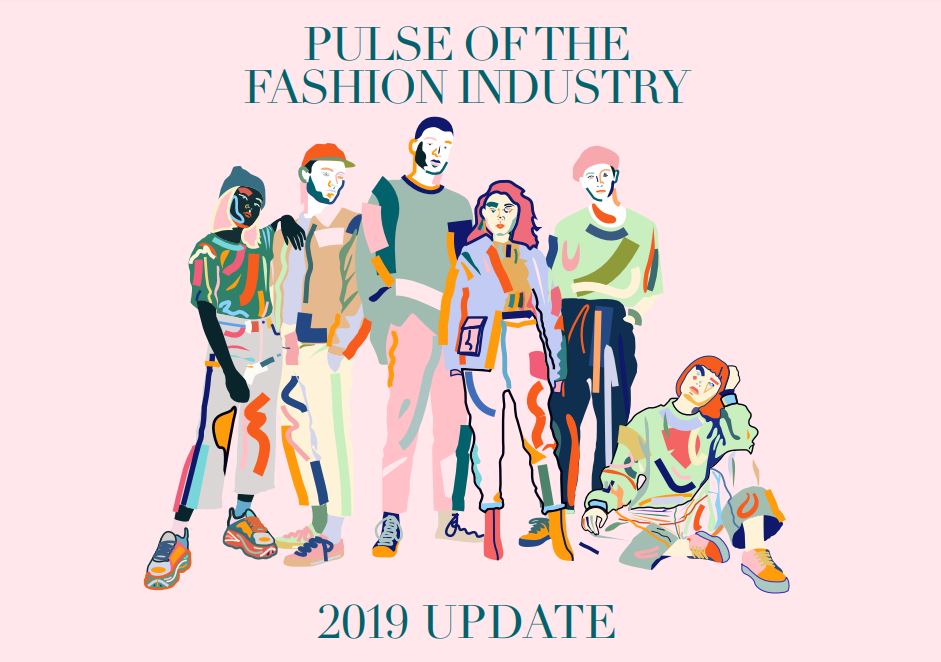Filters
Search Programmes
Programmes Categories
- Architecture & Design ( 1 )
- Artificial Intelligence ( 6 )
- Cultural Integration ( 1 )
- Disability Awareness ( 2 )
- Events ( 1 )
- Food Safety ( 1 )
- Food and Beverage ( 3 )
- Forbes Travel Guide 2022 Sessions ( 3 )
- Forbes Travel Guide Leadership Excellence Level 1 ( 10 )
- Forbes Travel Guide Leadership Excellence Level 2 ( 1 )
- Forbes Travel Guide Management Excellence Level 1 ( 6 )
- Forbes Travel Guide Management Excellence Level 2 ( 1 )
- Forbes Travel Guide Service Excellence Level 1 ( 7 )
- Forbes Travel Guide Service Excellence Level 2 ( 8 )
- Forbes Travel Guide Service Excellence Level 3 ( 11 )
- Front Office ( 1 )
- Government and Institutional Travel ( 3 )
- Hospitality Management ( 7 )
- Housekeeping ( 2 )
- Information Technology ( 5 )
- Language ( 1 )
- Law ( 1 )
- Marketing and Communication ( 4 )
- Nutrition ( 1 )
- Professional Chef ( 1 )
- Project Management ( 1 )
- Responsible Tourism & Travel ( 1 )
- Spa ( 1 )
- The Maltese History ( 1 )
- Understanding Different Travellers ( 1 )
Pulse of the Fashion Industry 2019

The 2019 Pulse Score1 shows that the fashion industry has improved its social and environmental performance in the past year, but at a slower rate than the previous year. Despite this improvement, the fashion industry is still far from sustainable. Furthermore, the findings demonstrate that fashion companies are not implementing sustainable solutions fast enough to counterbalance negative environmental and social impacts of the rapidly growing fashion industry. If the Pulse Score stays on its current trajectory, the gap between industry output and the Pulse Score will widen. About 40% of the industry have not yet reached beyond Phase One of the Pulse Curve.2 As a result, if the industry does not implement changes at a faster rate, it will not be able to achieve the United Nations Sustainable Development Goals3 or meet the Paris Agreement.4 Global Fashion Agenda, Boston Consulting Group and Sustainable Apparel Coalition call upon industry leaders to increase their pace towards a deeper and more systemic change. Companies must push harder, with more focused and coordinated efforts, to overcome technological and economic limitations that hinder progress.


